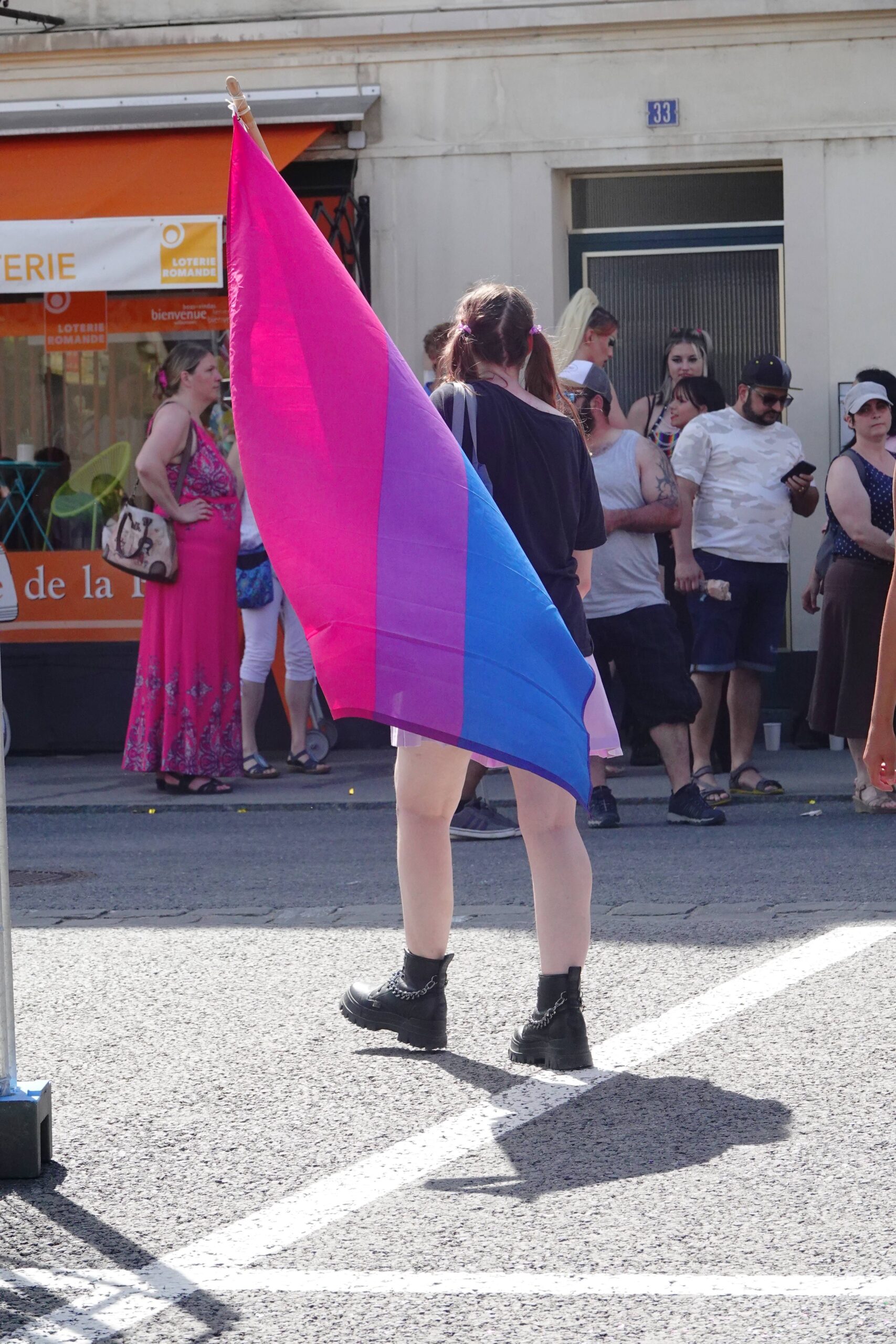No matter how you swing it, Willow Smith won’t stay on the ground. The first song on her newest album is appropriately called “Like a Bird.” Beginning over delicately picked electric guitar, it layers her reverb-washed harmonies over an expansive bass-line. The product is heady, transcendent, and reminiscent of Kevin Abstract or maybe some of […]

